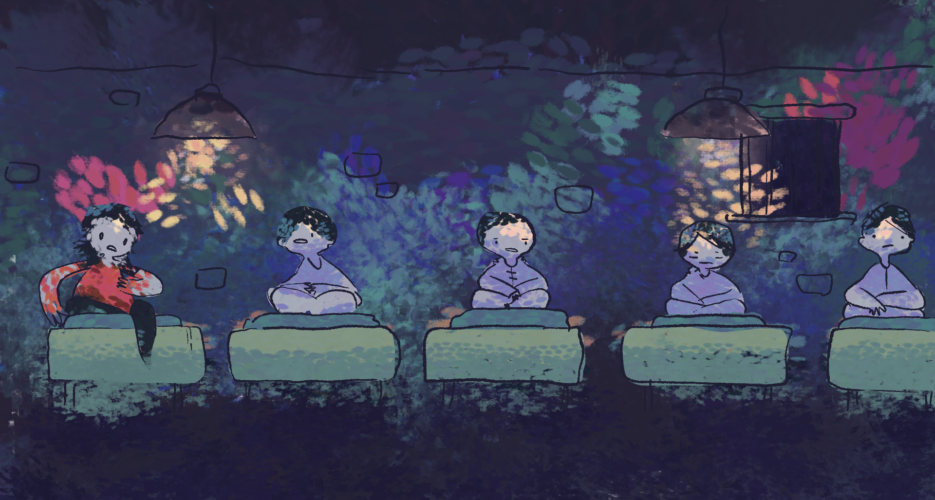About the Author
In-hua Kim
In-hua Kim is a pseudonym for a North Korean defector writer. She left the DPRK in 2018, and now resides in South Korea.

Get behind the headlines
|
Ask A North Korean Ask a North Korean: do forced abortions really take place in the DPRK?"Koreans are not supposed to bear the children of foreigners, and this rule is strictly enforced"  Hello NK News readers, and welcome back to Ask a North Korean, where our North Korean defector writers answer the questions you submit. Today's question comes from Antoni in Warsaw, who asks about reports of forced abortions of children who aren't of pure Korean blood. © Korea Risk Group. All rights reserved. |